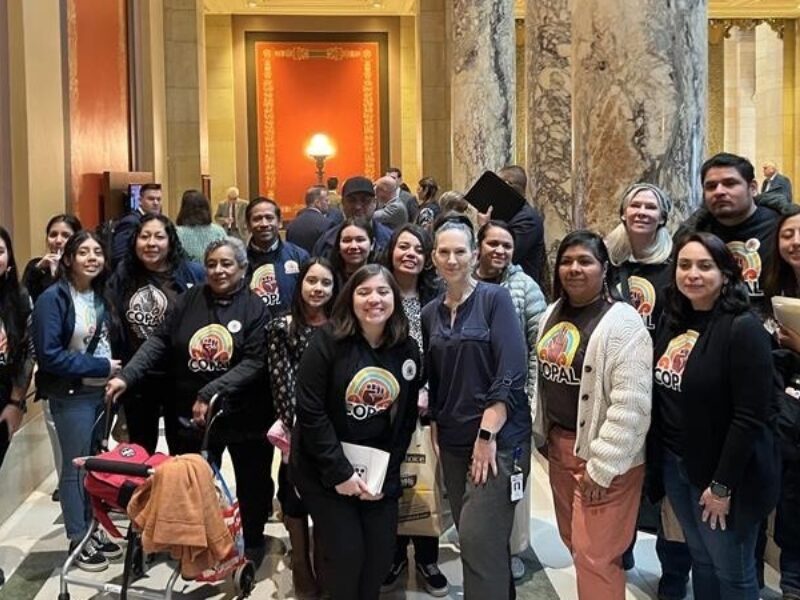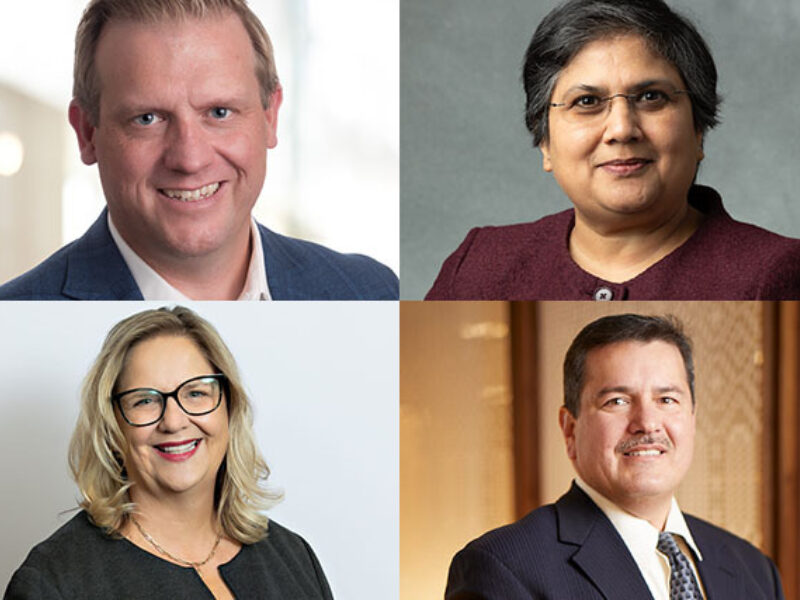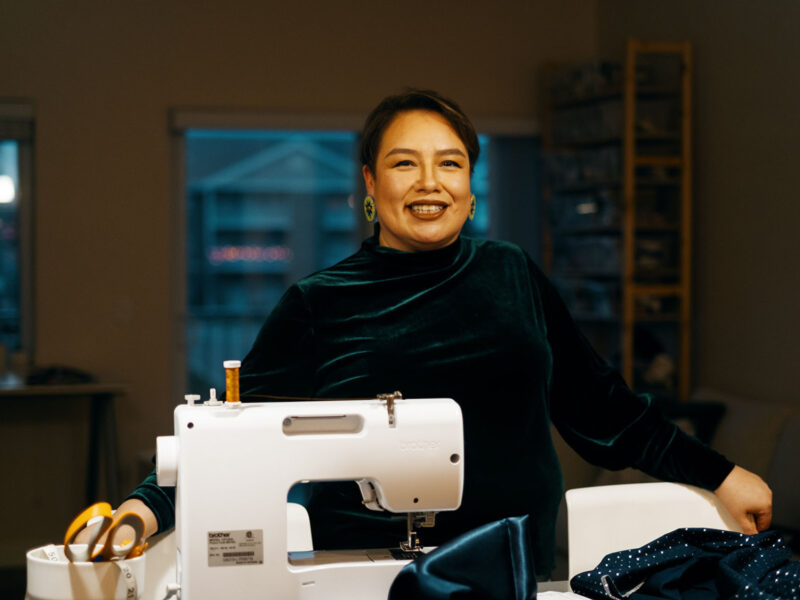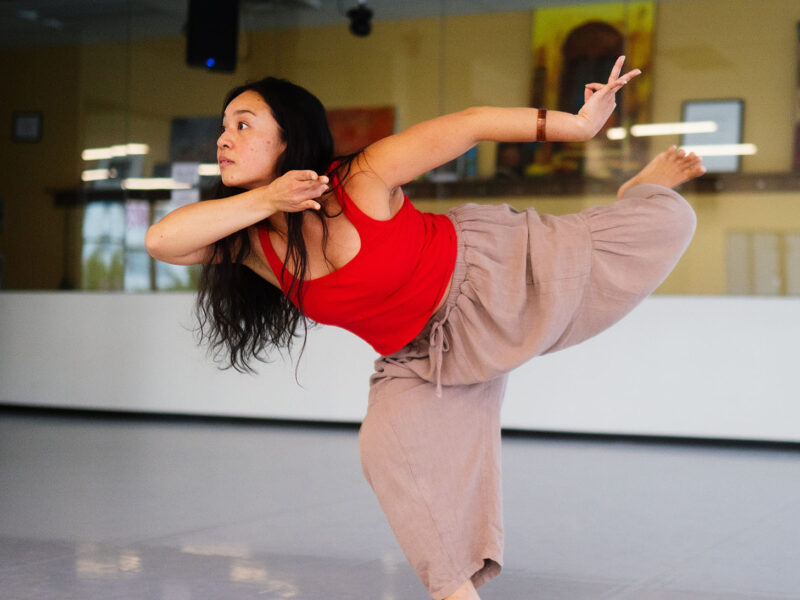Here’s how the Foundation is advocating for equity by updating our grantmaking methodology.

By Stephanie Peterson, Director of Learning
At the Saint Paul & Minnesota Foundation we advocate for equity in all forms, including the way we assess our grantmaking.
2020 brought a renewed focus on issues of racial equity to communities around the world. This renewed focus called us to consider how we as a community foundation measure how we use our grant dollars to contribute to racial equity within the East Metro and the state of Minnesota as a whole.
We quickly recognized that we needed more information to fully understand our contributions to the various racial and ethnic communities that live here. To put it plainly, our current data was incomplete when it came to this information.
What’s more, our data management systems themselves were not set up to accommodate our data needs or provide a complete picture of our grantmaking to specific communities. Accordingly, we set out to create a more complete picture by disaggregating all of our grantmaking data from the past few years.
It has been a long and complex process that has offered a lot of valuable insight along the way. Here are the four lessons we learned from analyzing our grantmaking work.
1. A Gap for Many Foundations
The first is that we are not alone in wanting to improve our data or our systems, nor are we alone in struggling with doing so. In a presentation at the 2021 GEO Learning Conference, we found in an informal poll of our audience that many foundations are just starting to talk about how to disaggregate their data and that relatively few foundations have actually begun that work in earnest.
2. Data is Complex
The second lesson is that there are a lot of assumptions embedded in our data and in our systems, which have raised questions for us as we continue to disaggregate.
Historically, we have focused our analysis on organizations that were awarded grants in our competitive grant rounds; we have the most data on these organizations because we gathered it through that competitive process. Unfortunately, this accounts for a relatively small fraction of our annual grantmaking.
We gather much less data on organizations that receive grants from our donor advised funds. As we explore this issue and its implications on reporting, we have to ask ourselves, to what extent can the grant-specific data that we gather in our competitive process reconcile with the organization-level data we collect on donor advised grants? If and when there are conflicts between grant- and organization-level data, which should take precedence for our analysis? What assumptions do we make in choosing one source of data over another?
We also recognize that our current system isn’t designed to take in all of the nuances and complexity we need to consider both organization- and grant-level data in this way. How do we acknowledge this in the ways we talk about our data and our impact?
3. Disaggregated Data Takes Time
The third is that this is a long, complicated and ongoing process.
Due to the nature of our current system, we needed to use manual processes to update and disaggregate our data.
We were lucky to be able to engage with an evaluation partner, i3Works, who employed techniques to streamline our process. Even with that help, we needed to look up organizations and make decisions about the communities they serve based on their federal tax data, websites or mission statements.
We have the first pass of disaggregated information thanks to this effort, but we know it is imperfect; we are excited to continue to refine our processes and our conclusions as we go.
4. An Investment in Equity
The final lesson is that this work is ultimately worth doing.
Equity takes work; we made the choice to engage at a deeper level, and we should make that choice whenever we can.
As a foundation, we have a lot of power within our sector and within our communities. We should use that power to improve our communities through our internal work just as much as we use our grant dollars to do so.
This work is just beginning for many of us in the sector. We are all in good company as we strive to make all aspects of our work equitable. We encourage other foundations to continue on this road with us, and we are looking forward to learning from others along the way.
Stephanie Peterson is the Director of Learning for the Saint Paul & Minnesota Foundation. As part of the Community Impact team, Stephanie uses data to better understand and grow the Foundation’s impact in service. She presented a session at the 2021 GEO Learning Conference on the topic of disaggregating grantmaking data.









